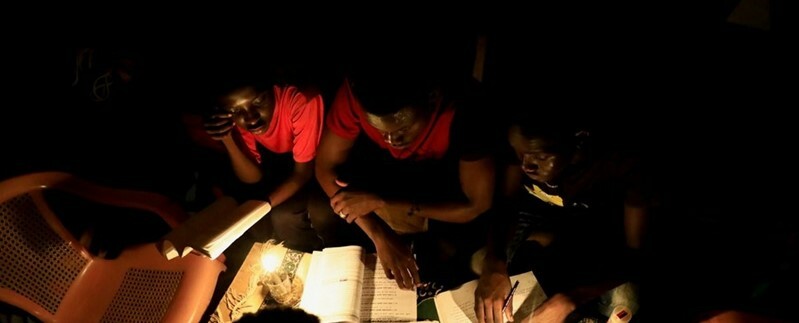Electricity sector experts have warned that Khartoum was on the verge of a total power blackout due to the ongoing war.
The Sudanese capital has already endured months of darkness because of the interference with the suppliers to the national electricity grid in North Khartoum Bahri, such as the Qarri Thermal Power Complex. The complex, near the Al-Jaili Oil Refinery, about 70km north of Khartoum Bahri, is currently under the control of the Rapid Support Forces (RSF).
One of the experts, Nabiha Sami, however, told Radio Tamazuj that other states might be spared the total blackout because they have reservoirs for power generation, while others source their electricity from neighboring countries.
She also noted that the Ministry of Energy had successfully installed high-capacity transformers, like the one in Atbara, northern Sudan, last week.
The residents in the areas far from the clashes have complained about power outages, sometimes lasting an entire day, while temperatures exceed 50 degrees Celsius.
A resident of Al-Matamma in the Nile River State, Adil Mohammed Ali, said: “Power outages last for nearly 12 hours daily, half a day without supply, amidst soaring temperatures.”
The situation, he said, forced the people to spend their afternoons under trees.
The Nile River State receives its electricity from the Merowe Dam in the north, which produces about 1,250 megawatts per hour at its peak, and an average of 700 megawatts per hour, accounting for 20 percent of Sudan’s consumption.
Ali told Radio Tamazuj that all electrical appliances in Al-Matamma had become dysfunctional due to the prolonged daily outages.
Additionally, Haitham Al-Nabhani told Radio Tamazuj: “The Dongola area in the Northern State suffers from extreme heat, causing some mobile phones to malfunction.”
He confirmed that the city experienced 12-hour power cuts, prompting residents to seek refuge by the rivers for their afternoon rest.




